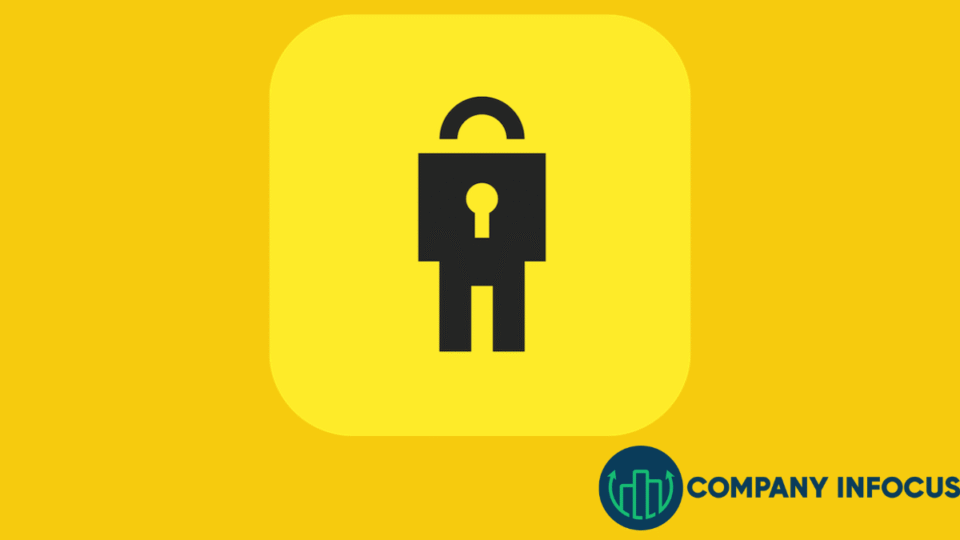The Lifelock app promises to protect your identity and alert you to suspicious activity. It sounds helpful on paper, but does it actually deliver? We tested the features, reviewed the experience, and looked at whether it’s worth the monthly subscription.
What Lifelock Claims to Do
Lifelock is known for identity theft protection. The app connects to your credit reports, financial accounts, and even scans the dark web for stolen information. You’ll get notifications if something looks off, like a new account opened in your name or your Social Security number showing up somewhere it shouldn’t.
The app also offers lost wallet protection, bank alerts, and help if your identity is stolen. If someone uses your name to commit fraud, Lifelock gives you access to specialists who help fix the damage. In more serious cases, the company offers reimbursement for stolen funds and legal costs.
First Impressions and Setup
The app is easy to download and simple to set up. After entering your personal info, you verify your identity and connect accounts you want monitored. This can include your bank, email, and credit cards. Once that’s done, the app starts watching for threats in real time.
The dashboard is clean and straightforward. You’ll see alerts at the top and can tap each one to get more details. There are tabs for dark web results, credit changes, and linked accounts. Lifelock keeps things organized and doesn’t overwhelm you with options.
Features That Work Well
The alert system is strong. When your credit file changes or there’s a new login attempt from an unknown device, the app lets you know right away. This fast reaction time is one of Lifelock’s strongest selling points.
Dark web monitoring also works well. It’s not perfect, but it finds things you wouldn’t catch on your own. In testing, we got alerts about old passwords and usernames that had been leaked. Knowing what data is already floating around helps you respond quickly.
Customer service is also solid. If you need help or want to speak with a real person, support is available by phone. Agents are knowledgeable and stay on the line until your questions are answered. You won’t get stuck talking to a chatbot.
Where the App Falls Short
Some alerts feel late. In certain cases, Lifelock flagged issues only after a new account had already been created. While the app is good at catching problems, it is not always able to stop them in time.
The pricing is another issue. Plans range from around twenty to over thirty dollars per month. That adds up quickly. If you’re not using all the features, the cost may feel high. And while the family plans offer more coverage, the price jump is significant.
Another thing to consider is device protection. Lifelock is bundled with Norton antivirus, which helps with malware and phishing threats. But this adds complexity. You may already use another antivirus, and switching can be a hassle.
Real Life Performance
We looked at how well the app works in everyday use. For people who are active online or handle a lot of financial transactions, the value is clear. You get notified of problems early, and you have a team ready to help if things go wrong.
For example, if someone opens a loan using your identity, Lifelock can help you shut it down fast. If money is stolen from your account, they walk you through the recovery process. The insurance coverage helps reduce the stress and cost of fixing identity theft.
However, if you only use the internet for light browsing or shopping, the level of protection may be more than you need. You’re paying for a lot of monitoring and services that you might not use often.
How It Compares to Other Apps
There are plenty of identity protection tools out there. Some are cheaper, and some are built into credit cards or banks. Compared to those, Lifelock offers broader coverage and more recovery support.
Where Lifelock stands out is with its full team of identity specialists and large insurance coverage. Many free tools only give basic alerts. Lifelock adds real people and real money to the mix, which matters if something serious happens.
Still, some apps offer more control. With Lifelock, you can’t always adjust the alert settings or choose what types of changes trigger a warning. More flexibility would be helpful, especially for tech-savvy users.
Who Should Consider Lifelock
Lifelock is best for people with complex online lives. If you have multiple credit cards, use online banking often, or travel regularly, it’s a good fit. It’s also a strong option for families who want to monitor children’s identities.
If your online presence is smaller, or you already use tools that alert you to fraud, you may not need the full package. A lower-cost plan or a basic alert tool might be enough.
The bottom line is this. Lifelock adds value when you need help fast or face a serious breach. It may not stop every threat, but it does make the recovery process easier and less painful.
Final Thoughts
The Lifelock app is not perfect. Some alerts come too late. The cost is high if you’re not using all the features. And not everyone needs this level of protection.
But for people who are active online, handle sensitive information, or just want peace of mind, it’s one of the better options on the market. The app is easy to use, the support is strong, and the reimbursement coverage can save you thousands if your identity is ever stolen.
If you’re on the fence, try a lower tier first and see how useful the alerts are in your day-to-day life. From there, you can decide whether to upgrade or switch to something simpler.
Lifelock does not promise to prevent identity theft. But it gives you the tools to respond quickly and recover with confidence. That, in many cases, is worth the cost.

